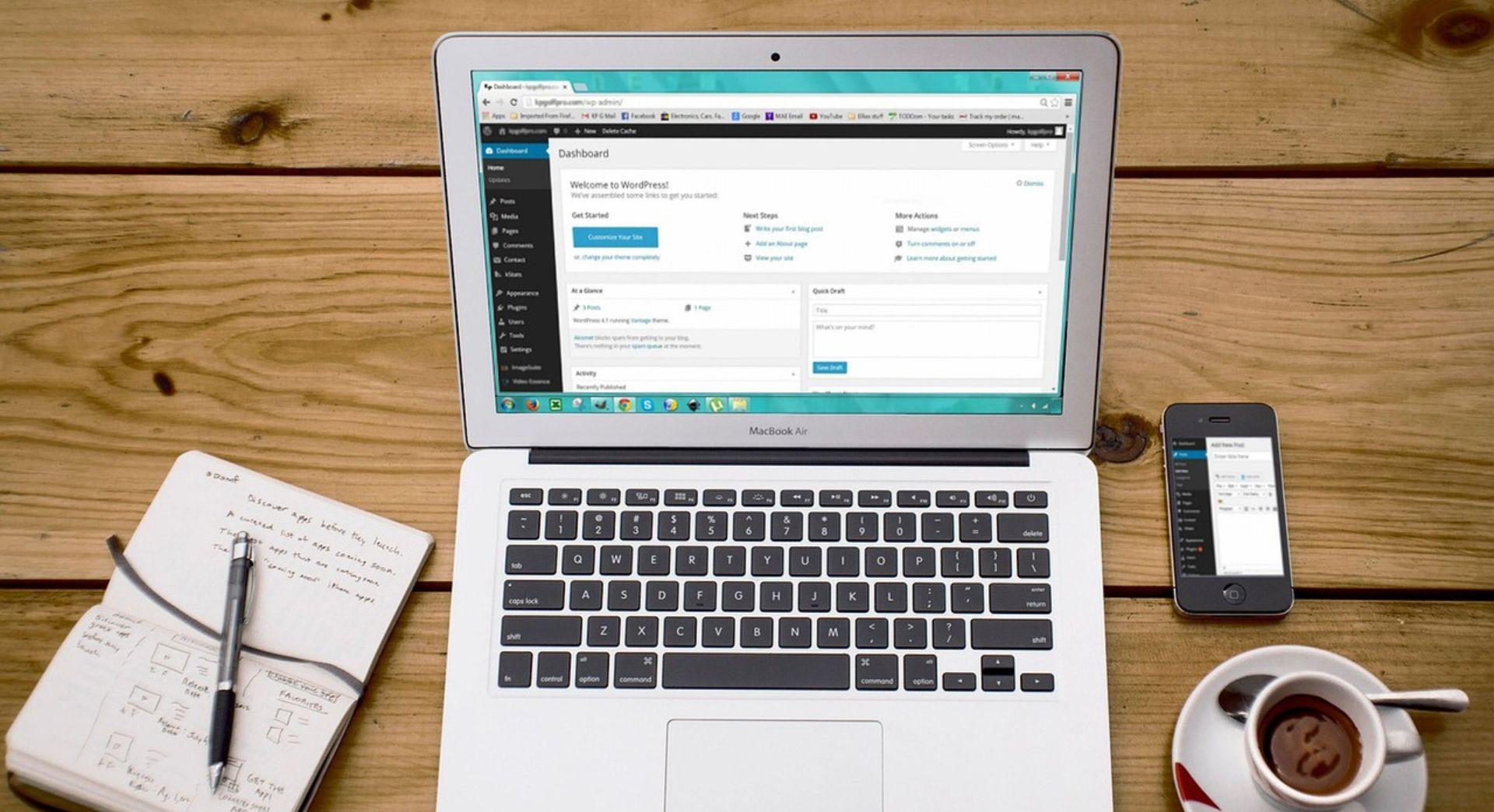Branding is so important. It’s the aspect of your business that your customer relates to most.
It’s often the difference between a person making a purchase or a person clicking off your website. That’s why it’s vital to get your branding right.
The problem many businesses face is that branding is often a secondary consideration. Remember: a logo is not a brand, it’s simply part of it.
Your business needs to convey much more than just your service and logo. How you communicate with your customers, the values at the heart of the business and your brand imagery all play a vital role in conveying what you’re all about.
So, let’s take a look at how you can develop your brand through holding a branding workshop.
Plan and prepare
Holding a brand workshop can be a really insightful and enjoyable exercise. But it’s important that you prepare accordingly to make it as impactful and structured as possible.
You may want to do some preparatory work with key stakeholders prior to the branding workshop. Putting together short surveys or holding one-to-one interviews to understand how your team feels about the brand can be a helpful starting point.
You can then drill down into these into the workshop itself and generate some meaningful conversations and insights on the day.
Get the team together
Whether you’re holding the workshop in person or online, try to find half a day or a full day when you can get your key stakeholders together.
If you’re holding a socially distanced brand workshop in person you will most likely need some sticky notes, some pens, a flip chart board and a pre-planned presentation or slide deck to outline the structure of the workshop.
This will help to keep the focus of the group and clearly state the aims and objectives of the session.
If you’re holding the workshop remotely via video conference, it will be helpful to share your screen and elicit the answers from the team and stakeholders.
It’s good to get a variety of members of the team together to contribute to the branding workshop. This way you can get insight and expertise from across your business.
Team members who deal with your customers first hand often have the best insights, so try to include a range of your team to feed into the workshop to really inform the branding exercise.
Break the ice
Kicking-off with a fun task can be a great way to start the workshop and encourage team buy-in.
Sometimes people may feel a bit self conscious in group situations such as this, so try and put everyone at ease. This way you’re more likely to get the best results.
You could start by asking each team member to think about if they met the business in person, what do they think they would be like?
Although it may sound a bit abstract, it can really help to get people thinking about your brand. Our recent blog on brand archetypes will help you out on this front.
Another fun task is to get each member of the team to think about the business as if it were a celebrity. Who would they be and why?
It’s a quick, fun way to drill down into what your team thinks of the brand.
Values
Once you’ve thought of the business as if it was a person, now consider the brand’s values.
One of the main aims of the brand workshop is to define your brand purpose. What does your business stand for aside from turning a profit?
This is where your sticky notes and flip chart will come in handy. Get each member of the team to write down a selection of values that they feel are at the heart of the business.
A few examples could be ‘honest’, ‘innovative’, ‘bold’, ‘compassionate’ etc. Once each member of the team has put their selection of values together on the flip chart, discuss the values as a group and try to narrow the selection of values down to 4 or 5 key values that will help to inform the brand and marketing messaging going forward.
Brand personality
Personality sets people apart from others. It’s the same in business… so be your authentic self.
The brand workshop is an excellent place to decide or reaffirm your brand’s personality. Utilising what you’ve already discovered about your brand values. Get your team to think about the best way to convey them and inform your brand’s personality.
It can be helpful to dish out the sticky notes again and get everyone partaking in the workshop thinking about what differentiates the business from its competitors.
Now discuss as a group how you can convey this to your customers and target audience. Do you want to be straight-talking, down to earth, friendly or unique?
Nail this down as a group and find a sweet spot that amplifies your brand and its mission.
Touch points
How can you convey your newly clarified values and messaging across all of your customer touch points?
Think about where your customers and potential prospects come across your brand. You’ll want to be consistent across all your marketing channels to ensure that your brand is presented as strongly as possible.
Discuss with your team how each contact point can be improved and maximised. Are your current touch points consistent in their tone and messaging? Do they all look and feel the same? Do they convey what your business is all about?
Identify any channels that need to be updated to reflect your brand. Many small businesses will have outdated channels that were hastily set up and then forgotten about, particularly when it comes to social media.
Make a decision as a group which marketing channels are integral to your business, and which channels, if any, you can do without and which channels will be key to driving your business forward.
Brand book
Put together the findings from your workshop in a brand book.
Your brand book should encapsulate your brand’s mission, values, personality and target audience.
Make your team aware of it. Encourage all members of the team to read and digest it. It will be a helpful resource to existing staff and for onboarding any new members of staff.
Your team should provide an authentic experience that conveys the brand’s values at every touch point, so this will be a helpful resource in getting the buy-in from your team, along with crafting marketing messaging that makes your brand stand out for all the right reasons.
Summing up
So, there are some tips to holding a branding workshop that drives meaningful conversations to inform your brand and messaging going forward.
If you haven’t already, be sure to check out our recent blog on marketing personas. This will help you get to grips with crafting messaging to resonate with your ideal customers.
And, whilst we’ve got you, why not follow us on social media? We regularly share tips and content to help entrepreneurs like yourself succeed online. We’re on Facebook, Twitter and Instagram - so get social with us.
We’re also on the look out for GoDaddy customers to feature on social media, so get in touch if you’d like to be a featured customer.






